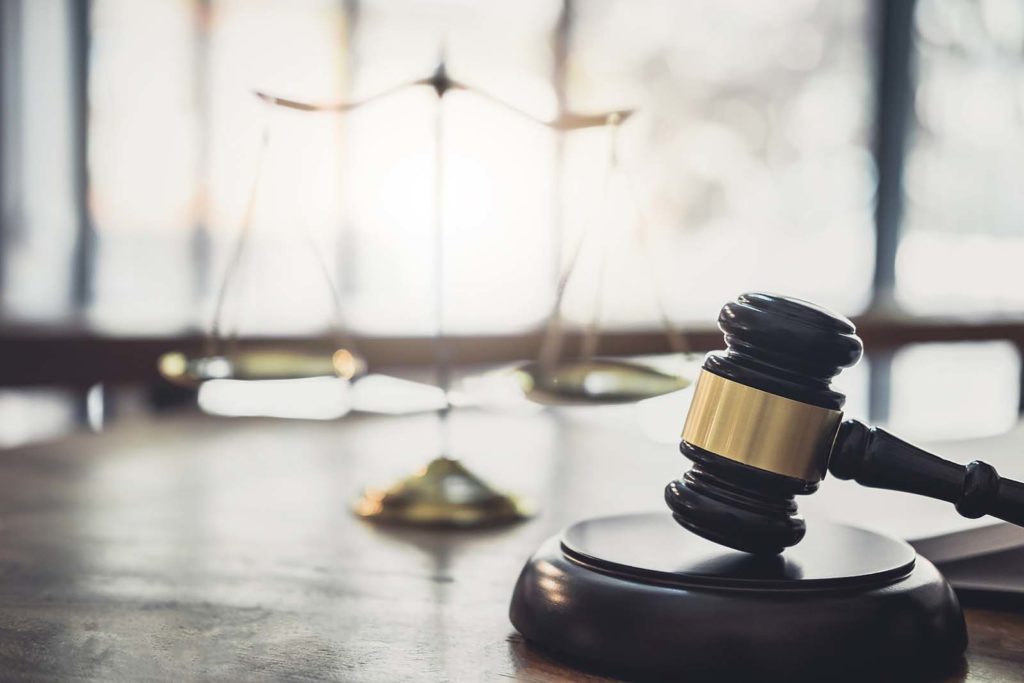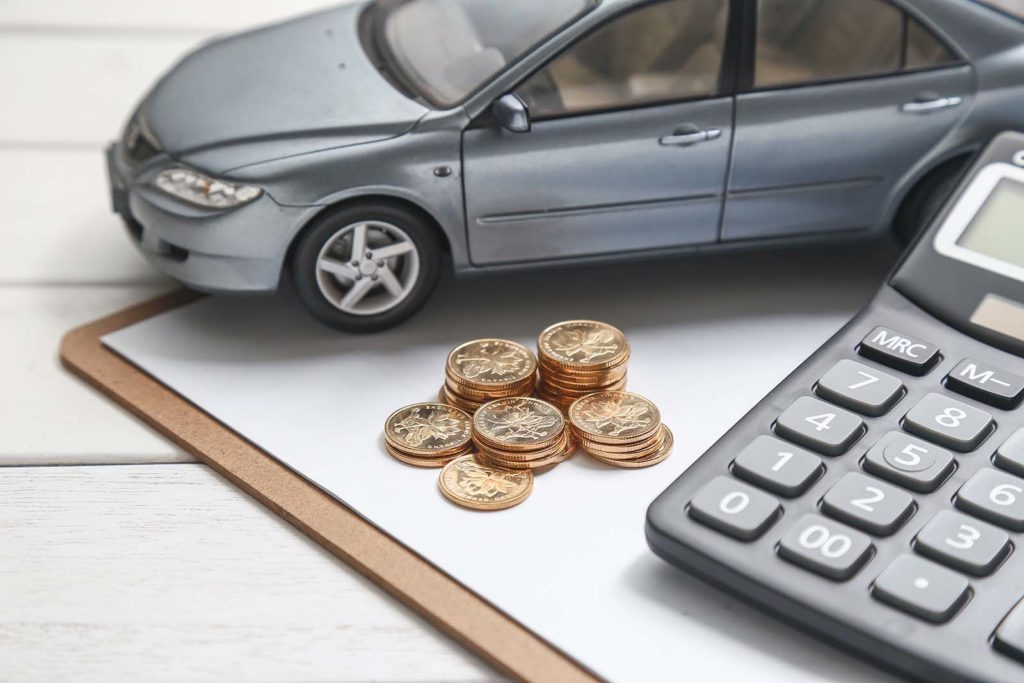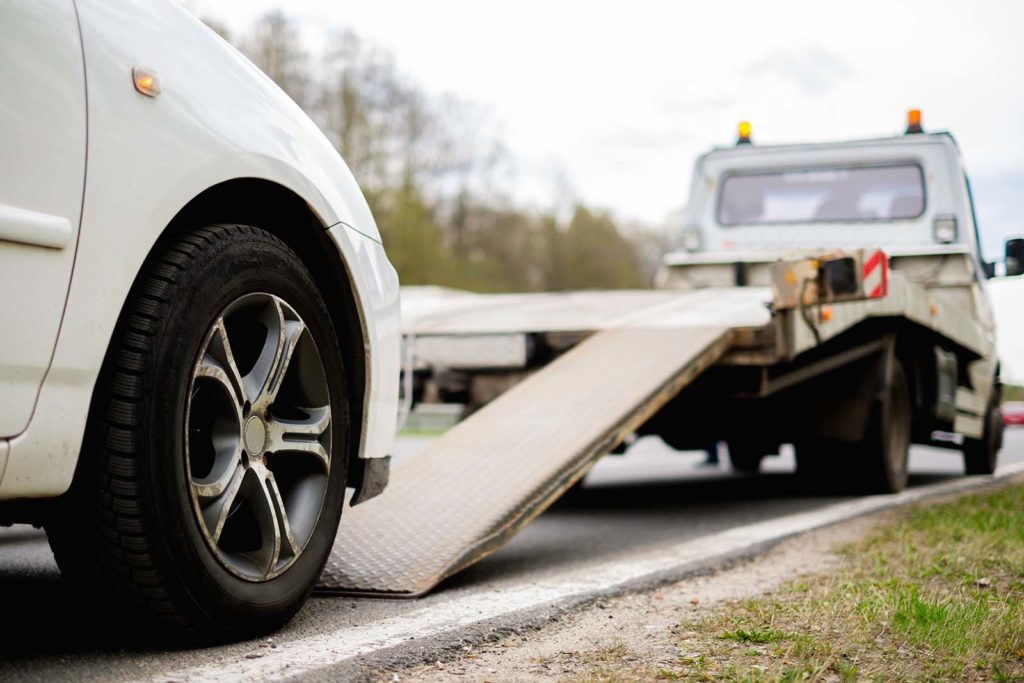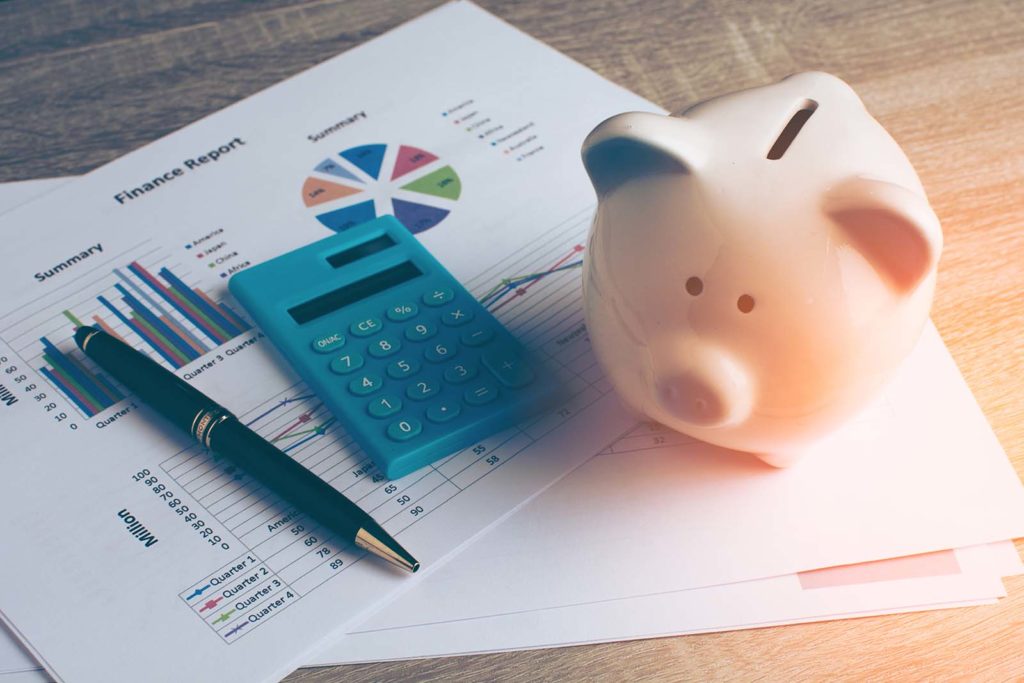Contents
Although Individual Voluntary Arrangements (IVAs) and Bankruptcy fall into the same category of insolvency, they work in very different ways and can have varying effects on your life and finances. Both solutions involve a legal process which has the potential to write off some or all of your debt, whilst protecting you from any enforcement action that would otherwise be taken by your creditors.
As with all debt solutions, both Individual Voluntary Arrangements and Bankruptcy come with their own and advantages and disadvantages and whether either approach is right for you will depend on your personal circumstances and how you wish to go about tackling your debt.
Keep reading to learn more, as we explore the similarities and differences between IVAs and Bankruptcy.
How do IVAs and Bankruptcy work?

IVAs and Bankruptcy are both forms of insolvency solution, however, they work in quite different ways and as such, they cater to different needs.
In general terms, an IVA involves making affordable payments towards your unsecured debts for an agreed period of between five to six years. IVAs are legally binding and will prohibit your creditors from contacting you or from taking enforcement action to recover the debt. The only way to apply for an IVA is via an Insolvency Practitioner (often an accountant or a solicitor) who will assist you in drawing up the budget that you must stick to for the duration of your arrangement. Provided that you gain the agreement of the creditors who hold 75% of your debt, your IVA will commence and any debts that remain at the end of the arrangement can be written off.
Contrastingly, bankruptcy involves signing your assets (including, for instance, your home and vehicles) over to the management of an Official Receiver who will use their best endeavours to deal directly with your creditors and pay off as much of your debt as is realistically possible. Your bankruptcy will last until it is discharged, however, you may be required to pay towards your debts for a longer period if you have the means to do so. Once your bankruptcy has been discharged, any outstanding qualifying debts can be written off.
Both an IVA and Bankruptcy can deal with a relatively wide range of personal debts, including debts from loans, credit cards and store cards. Despite this, there are some debts that you will still be required to pay even despite your use of an insolvency solution, including:
- outstanding court fines;
- debts from credit that you acquired fraudulently or through other criminal behaviour;
- spousal maintenance and child support payments;
- student loan debts;
- secured loans and other secured debts, including mortgages;
- debts you owe from personal injury or death claims brought against you; and
- guarantor loans (which will remain payable by your guarantor if you are made bankrupt).
What are the different eligibility criteria for IVA and Bankruptcy?

Although an IVA is generally viewed as a relatively flexible insolvency solution, debtors do need to meet certain criteria to qualify. You may be eligible for an IVA if you:
- owe at least £6,000 in unsecured debt;
- have two or more creditors;
- live in England, Wales or Northern Ireland; and
- can afford to make regular (usually monthly) payments to your creditors.
The eligibility criteria for bankruptcy are slightly different, and are as follows:
- there is no realistic way for you to pay your debts;
- you do not have many assets that hold enough value that could be released to pay your debts, and there is insufficient equity in your home to do so;
- it is unlikely that your situation will improve; and
- you live or work in England, Wales or Northern Ireland.
A key difference between IVAs and bankruptcy is that, whilst the only way to enter into an IVA is to apply via an Insolvency Practitioner (IP) you can in fact be made bankrupt following an application by your creditors – even if you have not sought to apply for your own bankruptcy. For this to happen, you would need to owe more than £5,000.
Aside from the general eligibility criteria of these debt solutions, both come at a cost which many debtors wish to factor into their decision-making process. The fees that apply to bankruptcy can be particularly steep if you are struggling with debt, with a £130 application fee and a £550 bankruptcy deposit charge. In comparison, the costs associated with setting up an IVA will depend on fees charged the Insolvency Practitioner who deals with the administration of your arrangement. In many cases, these fees will be dealt with as part of the IVA, with a portion of your regular repayments going towards paying your Insolvency Practitioner.
How long do IVA and Bankruptcy last?
In most cases, bankruptcy provides a faster route to writing off debt than other insolvency solutions. You will usually be discharged from your bankruptcy 12 months after the date your insolvency officially began, although you may be required to make regular payments towards your bankruptcy for three years if it established that you can afford to do so. If there is any suggestion that you have acted improperly or dishonestly during your bankruptcy, the Official Receiver may also impose bankruptcy restrictions on you for a period of between 2 to 15 years.
In comparison, an IVA will ordinarily last for five years, with an additional year for those homeowners who are unable to remortgage their property to release funds for their creditors.
How will they protect me?

Both IVAs and Bankruptcy offer a level of protection to debtors – particularly from their creditors. Once either insolvency solution has been set up, your creditors will no longer be allowed to contact you directly, or chase you for what you owe. All contact must be made via the professional third-parties that will deal with the administration of your case – for IVAs this will be an Insolvency Practitioner, whilst for bankruptcy an Official Receiver will be appointed.
In addition to prohibiting your creditors from contacting you, both an IVA and Bankruptcy will prevent them from commencing legal action against you to recover a debt. This can provide a great deal of relief to struggling debtors, and once either insolvency solution has begun creditors must even cease any enforcement action that they have already commenced – for example where they have instructed bailiffs to recover debts included within an IVA.
It is worth keeping in mind that, although both solutions offer a level of protection to debtors, their success will be highly dependent on your cooperation with the Insolvency Practitioner or Official Receiver managing your case. In the case of bankruptcy, failing to cooperate and communicate with the appointed Official Receiver may even constitute a criminal offence.
How will IVA and Bankruptcy affect my life?

Just as debt can have a negative effect on your life, debt solutions may also have an impact on matters outside of your finances. As formal insolvency solutions, both IVAs and bankruptcy can have serious repercussions in respect of your home, possessions and career.
Job and Career
As both IVAs and Bankruptcy are forms of insolvency, they can have an impact on your employment or career, especially if you work in certain sectors. If you work in any of the following areas, the professional body that regulates your industry may prevent you from continuing to work in the same capacity if you are made insolvent:
- as a director of a limited company
- in the legal or property industry
- in a finance or accountancy role, or another role where you would have financial industry
- as a pub licensee
As ever, the way in which any debt solution affects your career or employment will differ depending on your circumstances and debtors may find comfort by seeking advice from their employer’s HR team, their professional membership body, or their trade union.
Although a great deal of jobs will not be adversely affected by either insolvency solution, you are more likely to experience difficulties if you work within a senior role – particularly if you are made bankrupt.
Homeownership
The ways in which an IVA or bankruptcy could affect your home will depend on whether you rent or own the property.
For renters, an IVA will not usually have an any effect on your status and you are not likely to be required to move. Similarly, bankruptcy will not ordinarily result in you having to leave your rented property – provided that you keep up-to-date with the rent payments. It is worth noting, though, that some tenancy agreements include a provision that allows for a landlord to ask for you to leave a property if you are made bankrupt.
For those debtors who own their own home, using an insolvency solution may have more of an impact. Although you will not usually be required to sell your home as part of an IVA, you may be expected to remortgage the property towards the end of your arrangement in order to raise money for your creditors. If you are unable to remortgage your property, you may have to continue making regular repayments for an additional 12 months. If there is equity in your home and you are made bankrupt, there is a strong chance that the official receiver (who deals with the administration of your bankruptcy) will require you to sell the property as a way of raising money to put towards your debts.
Vehicles

Debtors who enter into an IVA will typically be able to keep a car, motorbike or van provided that the vehicle’s value is not excessive and that it is necessary for getting them to work or transporting their family. Whether the value of a vehicle is deemed to be ‘excessive’ is highly circumstantial, however creditors may generally wish to encourage a debtor to trade down for a cheaper model if their vehicle is worth more than £5,000.
Contrastingly, if you are made bankrupt it is more likely that the official receiver dealing with the administration of your insolvency will require you to sell your vehicle to raise money for your creditors. There are exceptions to this rule, however, particularly where you can prove that retaining a vehicle is essential for doing your job, transporting a family member with a disability or simply travelling to work or school where there are no other realistic means of transport that you can rely on. Even if any of these exceptions match your circumstances, the official receiver may still require you to trade in your vehicle for a cheaper model of vehicle and, in England and Wales, it is not uncommon for a limit of around £1,000 to be set for this purpose.
Will they hurt my credit score?
Both an IVA and bankruptcy will be recorded on your credit file for six years from the date they begin. In practical terms, this can make it very difficult to access further credit during this period as a recent history of insolvency has the potential to significantly damage your credit score. In both cases, your name will also be added to the Individual Insolvency Register – which is a publicly searchable record and will include details of your insolvency solution along with your name, date of birth and other personal information.
It is also worth keeping in mind that even if you do wish to apply for further credit, you may be restricted in doing so. If you wish to take out additional credit of more than £500 during the course of an IVA, for example, you will first be required to seek the permission of the Insolvency Practitioner (IP) that is handling your case. A similar restriction applies to further credit of over £500 during the first 12 months of bankruptcy – during which time you would need to inform any potential lender that you are bankrupt.
IVA or Bankruptcy – which is better?

Ultimately there is no truly accurate answer to this question and which insolvency solution is the best for you will depend on your circumstances. As everybody faces a unique financial situation, taking qualified financial advice from one of the many available debt advice charities or companies can help you to better understand the options that are available to you and to move forward in a realistic and constructive way.
In brief terms, whilst both IVAs and Bankruptcy fall under the same bracket of insolvency solutions, in practice they each suit different needs. An IVA may be an appropriate solution if you:
- want a flexible debt solution that can be tailored to reflect your circumstances
- have some spare income with which to make regular repayments to your creditors, or have a lump sum to pay off a chunk of your debt
- own your home or other assets that want to keep
- may jeopardise your job if you instead go bankrupt (for example if you are a police officer or working in a senior role)
- own your own business or act a director of a limited company.
By contrast, Bankruptcy may prove to be a better option if:
- you do not have any spare income to put towards your debts and it is unlikely that your position will improve at any time in the near future;
- you don’t own a property or are not concerned about selling your home.

